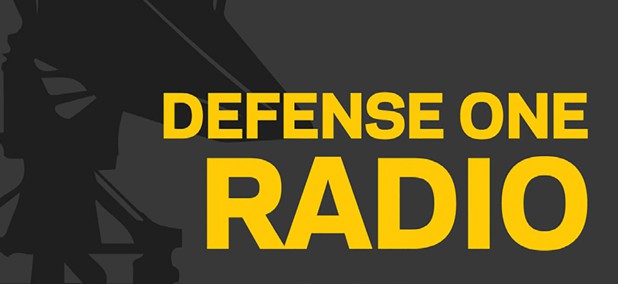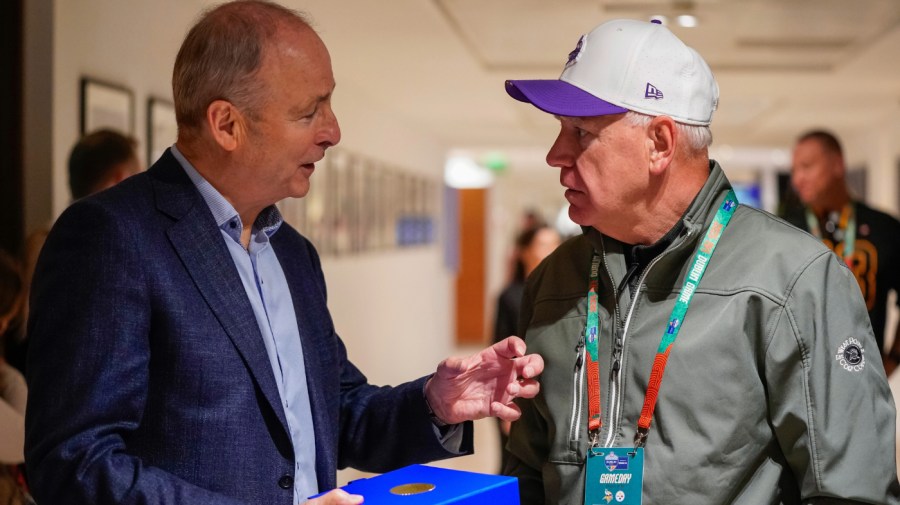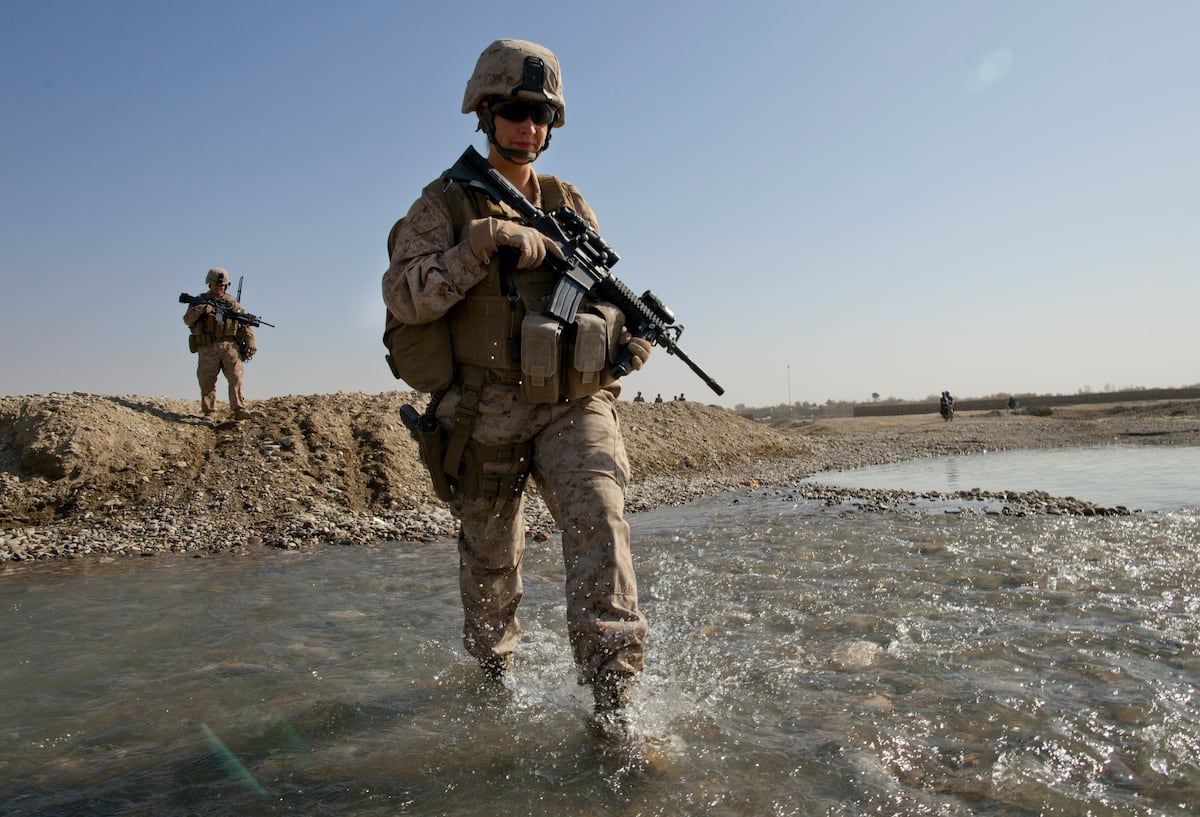In a recent episode of Defense One Radio, Jon Wolfsthal, the Director of Global Risk at the Federation of American Scientists, shared insights on pressing global risks. The discussion delved into the complexities of national security, nuclear policy, and the evolving threats faced by nations today. Wolfsthal emphasized the critical state of global affairs in light of recent geopolitical tensions.
Wolfsthal highlighted the need for robust strategies to address the increasing risks associated with nuclear proliferation. He pointed out that the dynamics of international relations have shifted significantly, with emerging threats challenging traditional security frameworks. The episode aired on October 12, 2023, and has since garnered attention from policy makers and security experts alike.
Key Issues in Global Security
During the conversation, Wolfsthal discussed the changing landscape of global security, underscoring the importance of understanding the motivations behind nation-states’ actions. He argued that current policies often fail to address the underlying factors contributing to instability. “We need to move beyond simplistic assessments and consider the broader context of these geopolitical shifts,” he stated.
The Director also touched on the role of technology in modern warfare, particularly the impact of cyber threats. Wolfsthal noted that as nations enhance their cyber capabilities, the potential for conflict increases, creating an urgent need for comprehensive risk assessments. He asserted that addressing these challenges requires collaboration among nations to develop a shared understanding of risks and responses.
The Future of Nuclear Policy
Wolfsthal’s insights on nuclear policy reflect a growing concern among experts regarding the potential for escalation in nuclear tensions. He mentioned that countries must prioritize dialogue and diplomacy to mitigate risks associated with nuclear arsenals. “A failure to engage in meaningful discussions could lead to catastrophic consequences,” he warned.
Furthermore, the episode explored the implications of emerging nuclear states and their impact on global stability. Wolfsthal emphasized that international frameworks must evolve to incorporate these new realities, ensuring that all nations adhere to non-proliferation agreements.
As the conversation progressed, Wolfsthal provided practical recommendations for policymakers. He advocated for increased investment in diplomatic efforts, emphasizing that proactive engagement can prevent conflicts before they escalate. These insights contribute to a broader understanding of the challenges facing global security today.
By addressing these issues, Wolfsthal aims to foster a more informed public discourse on national security and the complex factors at play in today’s geopolitical climate.







